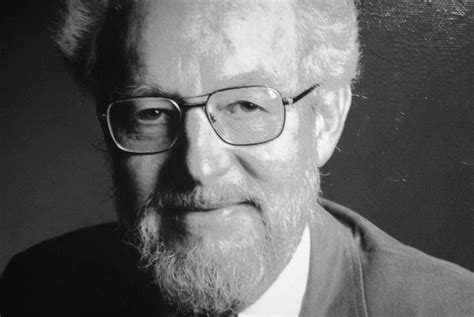A Quote by Robert Rodale
To be the agent whose touch changes nature from a wild force to a work of art is inspiration of the highest order.
Related Quotes
Movement, change, light, growth and decay are the lifeblood of nature, the energies that I I try to tap through my work. I need the shock of touch, the resistance of place, materials and weather, the earth as my source. Nature is in a state of change and that change is the key to understanding. I want my art to be sensitive and alert to changes in material, season and weather. Each work grows, stays, decays. Process and decay are implicit. Transience in my work reflects what I find in nature.
...start thinking of yourself as an artist and your life as a work-in-progress. Works-in-progress are never perfect. But changes can be made...Art evolves. So does life. Art is never stagnant. Neither is life. The beautiful, authentic life you are creating for yourself is your art. It's the highest art.
As a matter of selective necessity, man is an agent. He is, in his own apprehension, a centre of unfolding impulsive activity-'teleological activity.' He is an agent seeking in every act the accomplishment of some concrete, objective, impersonal end. By force of being such an agent, he is possessed of a taste for effective work, and a distaste for futile effort.
At the head of all these laws, in and through every particle of matter and force, stands One through whose command the wind blows, the fire burns, the clouds rain, and death stalks upon the earth. And what is His nature? He is everywhere the pure and formless One, the Almighty and the All Merciful. Thou art our Father. Thou art our beloved Friend.































